What’s going on in Belarus?
Riots erupt as President Lukashenko extends 26-year rule over former Soviet nation amid widespread allegations of electoral fraud
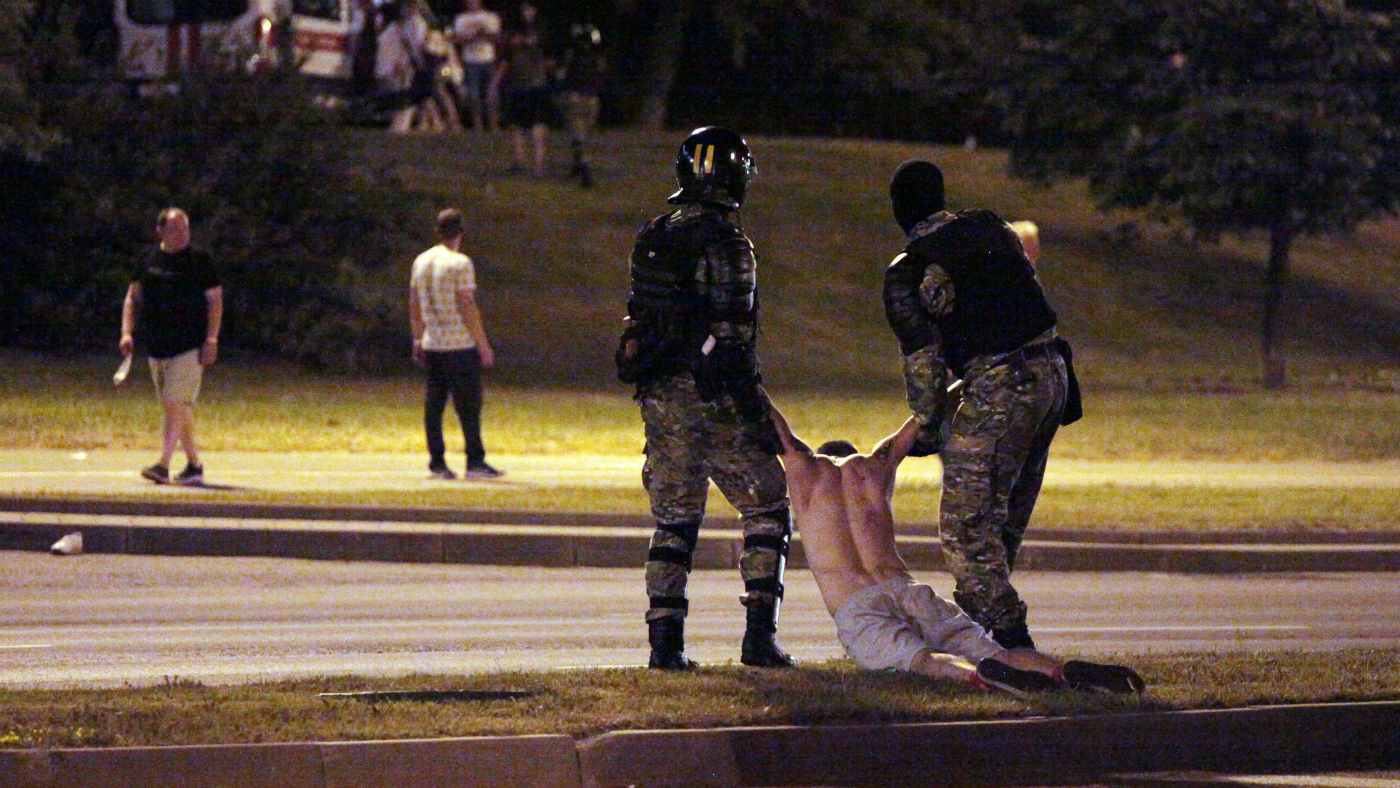
A free daily email with the biggest news stories of the day – and the best features from TheWeek.com
You are now subscribed
Your newsletter sign-up was successful
The eastern European country of Belarus has been plunged into chaos following a highly controversial election in which President Alexander Lukashenko claimed a landslide victory despite widespread allegations of electoral fraud.
Riots broke out in the capital Minsk on Sunday night after the country’s election commission earlier announced that Lukashenko, who has run the country since 1994, won an improbable 80% of the vote, extending his authoritarian 26-year rule for another five years.
Police in the capital responded to protesters with violence, says the BBC, as eyewitnesses claimed authorities “used stun grenades and fired rubber bullets into the crowd” - reports that have drawn harsh criticism from international observers.
The Week
Escape your echo chamber. Get the facts behind the news, plus analysis from multiple perspectives.

Sign up for The Week's Free Newsletters
From our morning news briefing to a weekly Good News Newsletter, get the best of The Week delivered directly to your inbox.
From our morning news briefing to a weekly Good News Newsletter, get the best of The Week delivered directly to your inbox.
Opposition leader Svetlana Tikhanovskaya has refused to recognise the results, describing the police response as “unacceptable” and indicating that her supporters are prepared for long-term protest. “We have already won, because we have overcome our fear, our apathy and our indifference,” she said.
What is the political situation in Belarus?
Belarus, a former republic of the Soviet Union which gained its independence in 1991, is frequently described as Europe’s “last dictatorship”, aping many of the ultra-authoritarian policies used to surpress political dissent in the USSR.
“Lukashenko came to power in 1994 and has remained in office ever since,” Al Jazeera reports. “His government has seen human rights activists imprisoned, political dissidents silenced, and protests violently dispersed.”
A free daily email with the biggest news stories of the day – and the best features from TheWeek.com
European election monitors, including the Organisation for Security and Cooperation in Europe, have not recognised a single election as free and fair since the strongman, 65, came to power.
In recent months, however, Lukashenko has faced “unprecedented anger over his handling of the economy and a bungled coronavirus response”, The Guardian reports. He has also angered Vladimir Putin - his staunchest ally - by accusing Moscow of sending mercenaries to destabilise the country.
Having initially replaced her anti-government blogger husband Siarhei Tsikhanouski upon his jailing early in 2020, former English teacher Tikhanovskaya came to lead the opposition against Lukashenko heading into the 9 August election. Despite being described by the president as a “poor little girl” and a product of foreign “puppet masters”, she has attracted tens of thousands of supporters to her rallies across the country, even in regions dominated by Lukashenko supporters.
The Guardian adds that Tikhanovskaya has said she does not want to remain in power if she wins, “promising to hold free elections within six months, release political prisoners and return the country’s pre-1996 constitution that limited presidents to two terms in office”.
What happened in the election?
Independent and media opinion polling is illegal in Belarus; only government-sanctioned polls can be officially published, all of which showed Lukashenko with an insurmountable lead.
However in the months prior to the election, Lukashenko appeared to be heading for a heavy defeat according to illegal online polls, all of which saw him trailing opposition candidates Tikhanovskaya and Viktar Babaryka, a banker who was jailed on tax evasion charges in June. Amnesty International describes Babaryka and Syarhei Tsikhanouski as “prisoners of conscience” and alleges that their arrests were politically motivated.
Despite these hopeful signs for Tikhanovskaya, who went into hiding on the night of the election for fear of being arrested, the Belarus Central Election Commission announced on Sunday night that President Lukashenko had received a scarcely believable 81% of votes, with Tikhanovskaya racking up just 9%.
The backlash was immediate, with Tikhanovskaya claiming she did not trust the figures.
“I believe my eyes, and I see that the majority is with us,” she said, while thousands of her supporters took to the streets of Minsk and other cities chanting “victory” and calling for Lukashenko’s resignation.
In response, police fired water cannons, tear gas and stun grenades in a crackdown on the protests, The Telegraph reports, and reports suggest at least one person was killed after being knocked over by a police van.
“After breaking up the big crowds, police relentlessly chased smaller groups of protesters across downtown Minsk for the next several hours,” the paper adds.
What will happen next?
According to The Times, police have continued to patrol the streets in the wake of the protests, with some carrying machine guns while checking vehicles entering the city and others cordoning government buildings off.
Tikhanovskaya has since called on the commanders of special forces units to refrain from violence. “Please stop the violence... Officers, I know you can do this,” she said.
Despite the controversy, Putin and Chinese President Xi Jinping have both reportedly congratulated Lukashenko on his victory, with the former calling for the “expansion of integration processes” between Russia and Belarus.
But a number of European countries have expressed deep concern over the incidents on Sunday, with neighbouring Poland - a country with a historically strained relationship with Minsk - calling on European Union leaders to hold an unprecedented snap summit on the crisis. The Polish foreign ministry condemned the violence and appealed to the Belarusian authorities “to start respecting fundamental human rights”.
“Violence against protesters is not the answer,” European Council President Charles Michel added in a tweet on Monday. “Freedom of speech, freedom of assembly, basic human rights must be upheld.”
-
 The ‘ravenous’ demand for Cornish minerals
The ‘ravenous’ demand for Cornish mineralsUnder the Radar Growing need for critical minerals to power tech has intensified ‘appetite’ for lithium, which could be a ‘huge boon’ for local economy
-
 Why are election experts taking Trump’s midterm threats seriously?
Why are election experts taking Trump’s midterm threats seriously?IN THE SPOTLIGHT As the president muses about polling place deployments and a centralized electoral system aimed at one-party control, lawmakers are taking this administration at its word
-
 ‘Restaurateurs have become millionaires’
‘Restaurateurs have become millionaires’Instant Opinion Opinion, comment and editorials of the day
-
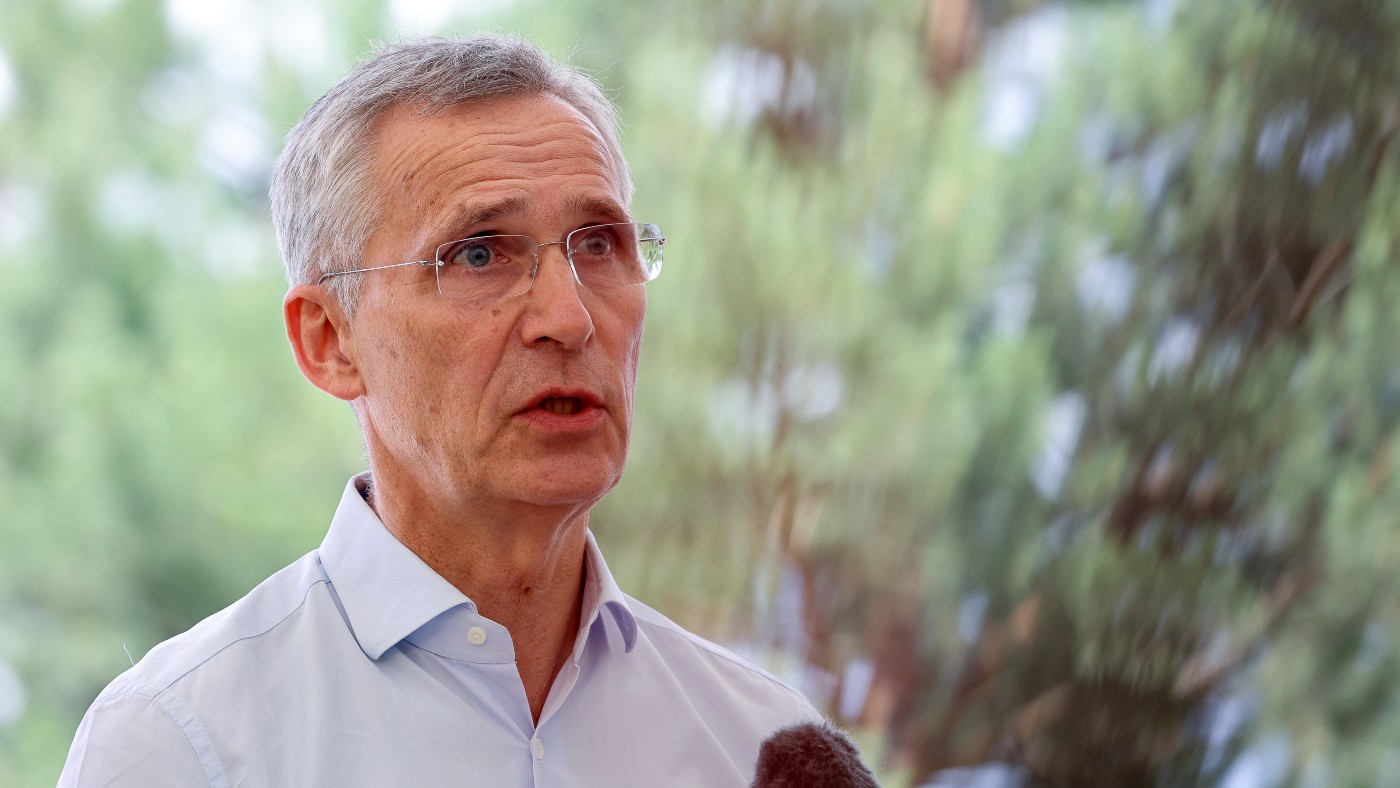 Nato warning over Wagner troops in Belarus
Nato warning over Wagner troops in BelarusSpeed Read Move of mercenary group into Russian neighbour has sparked fears of further trouble
-
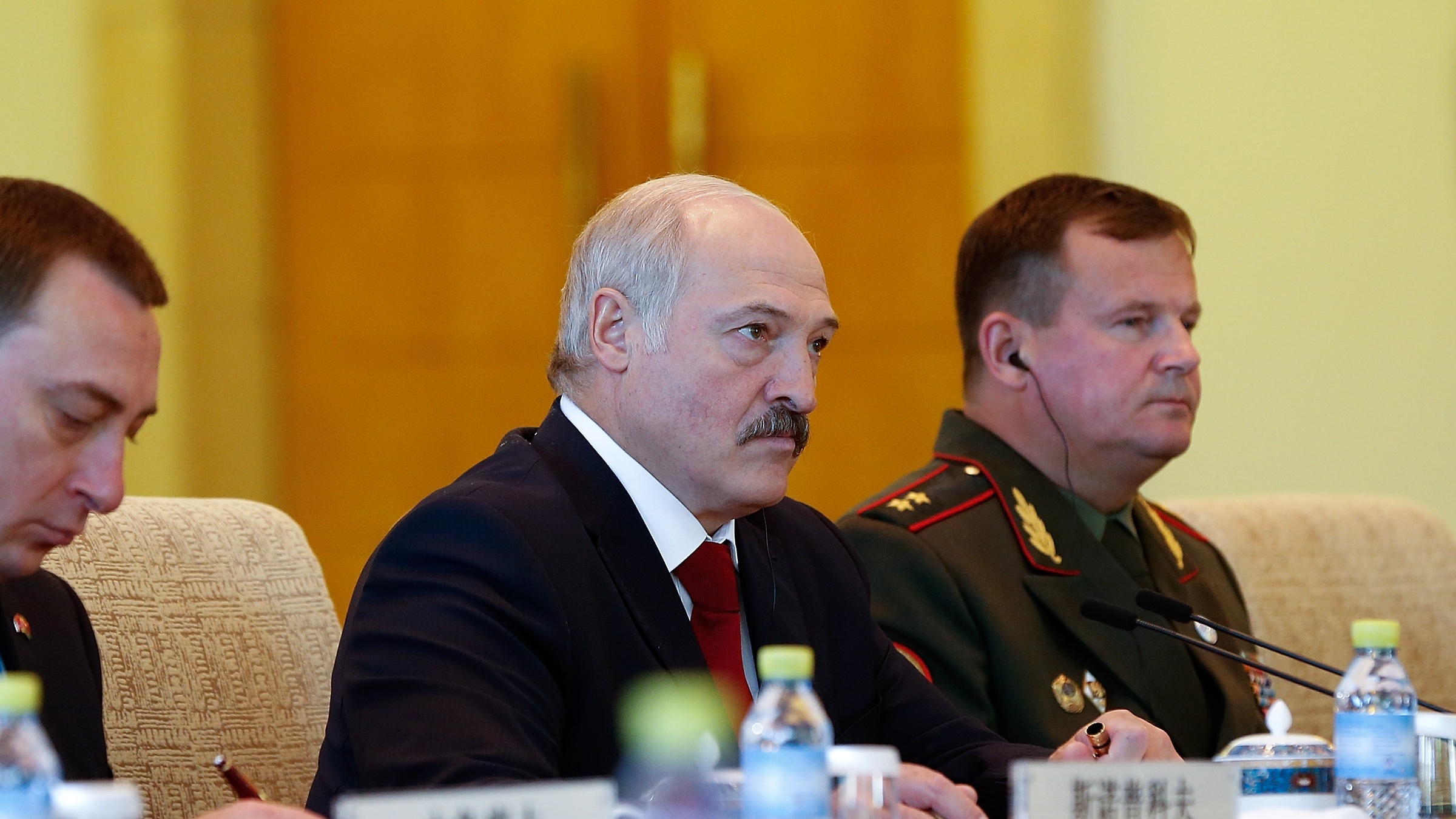 Belarus dictator threatens to ‘flood EU with drugs and migrants’
Belarus dictator threatens to ‘flood EU with drugs and migrants’feature European foreign ministers mulling economic action after Ryanair plane ‘hijacking’
-
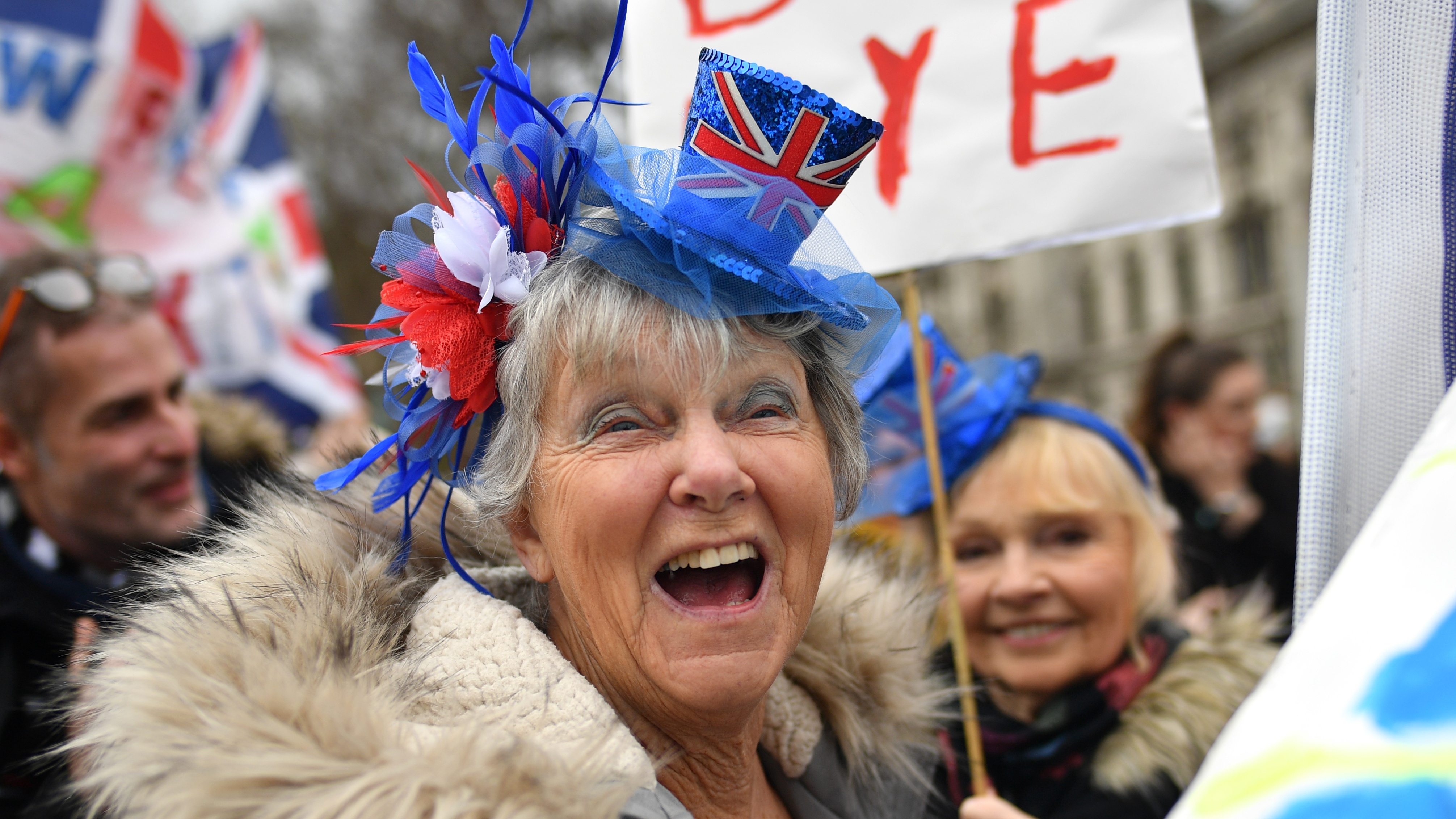 ‘Today’s political revolutions are powered by the old’
‘Today’s political revolutions are powered by the old’Instant Opinion Your digest of analysis and commentary from the British and international press
-
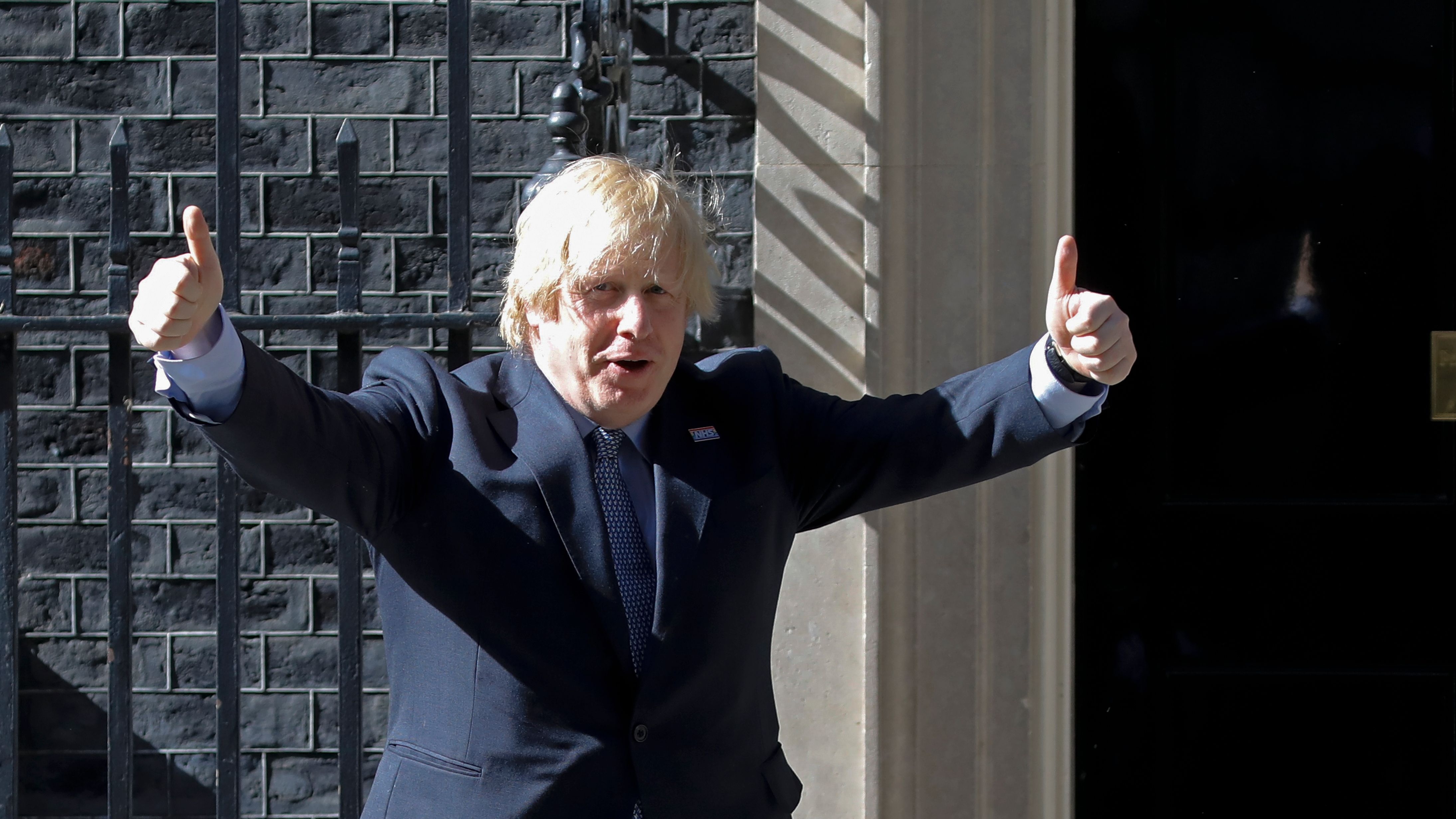 ‘Unlike Starmer, Johnson would never shed a public tear’
‘Unlike Starmer, Johnson would never shed a public tear’Instant Opinion Your digest of analysis and commentary from the British and international press
-
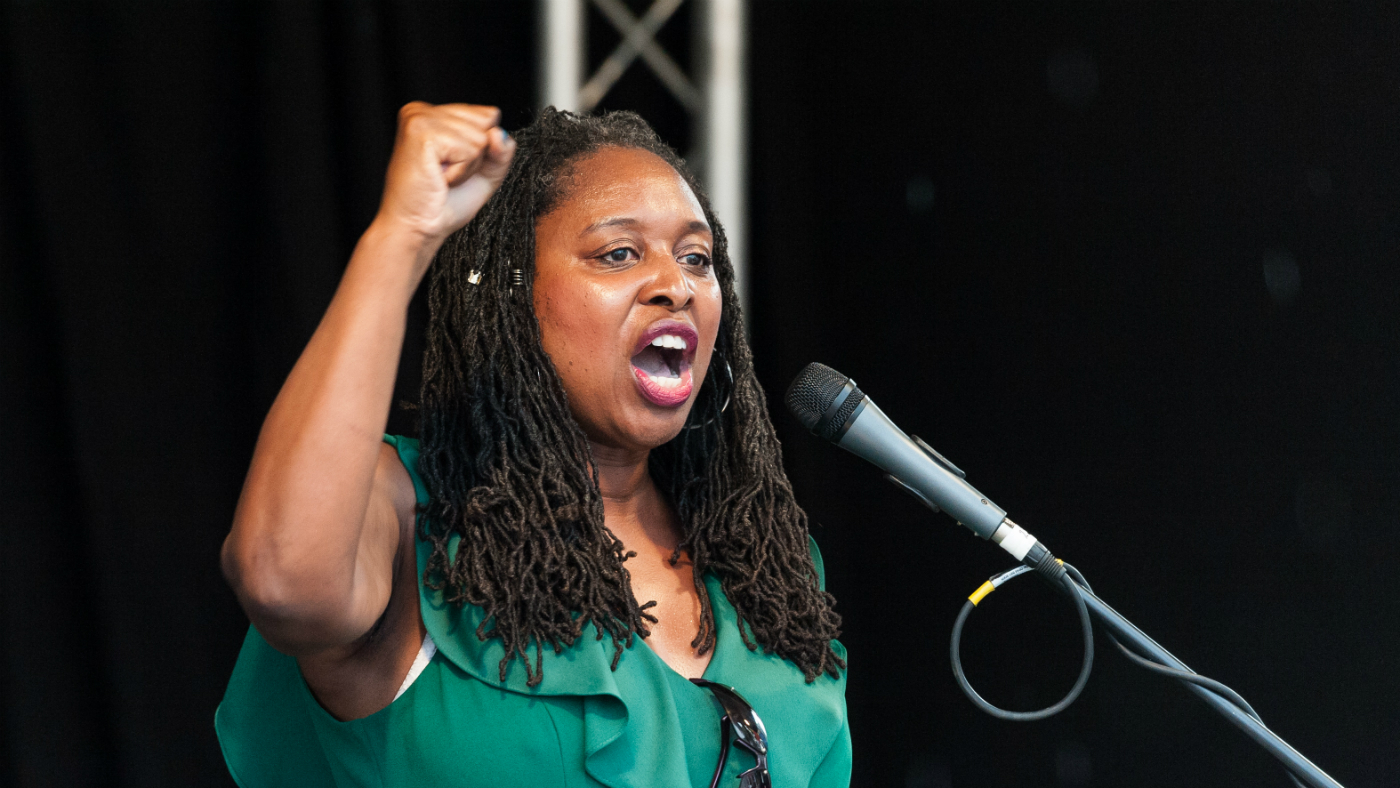 Instant Opinion: ‘I still don't know why I was stopped’
Instant Opinion: ‘I still don't know why I was stopped’In Depth Your guide to the best columns and commentary on Tuesday 11 August
-
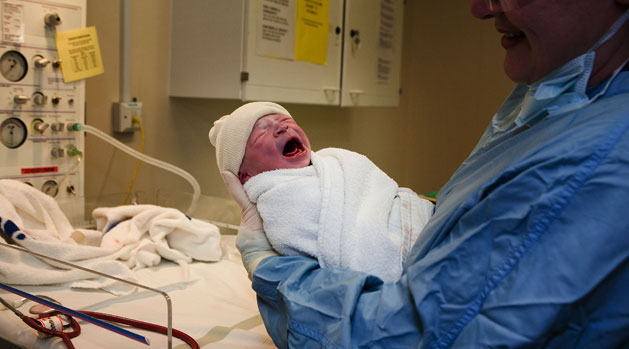 The 29 countries where giving birth is safer than in the UK
The 29 countries where giving birth is safer than in the UKSpeed Read British mothers six times as likely to die in childbirth or pregnancy as women in Belarus, says charity